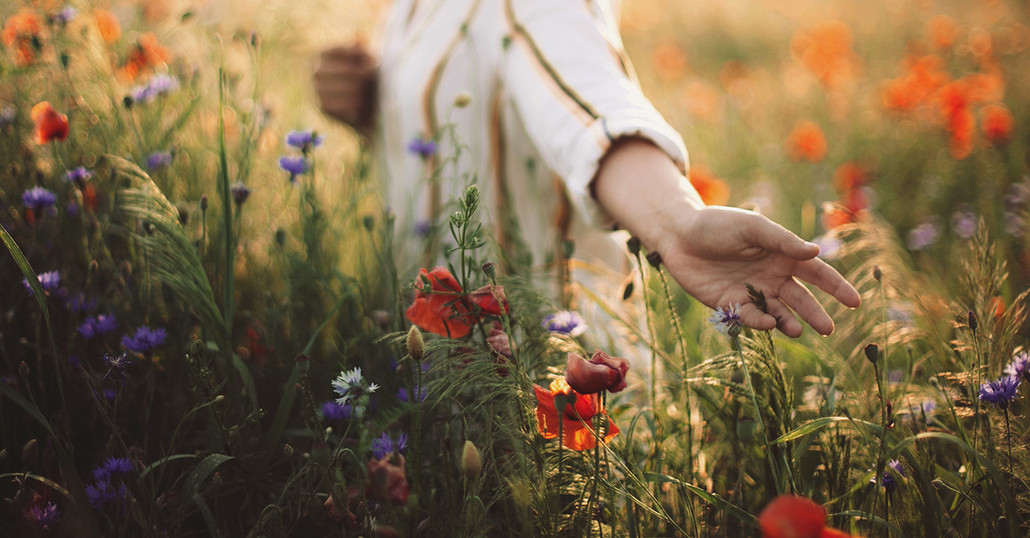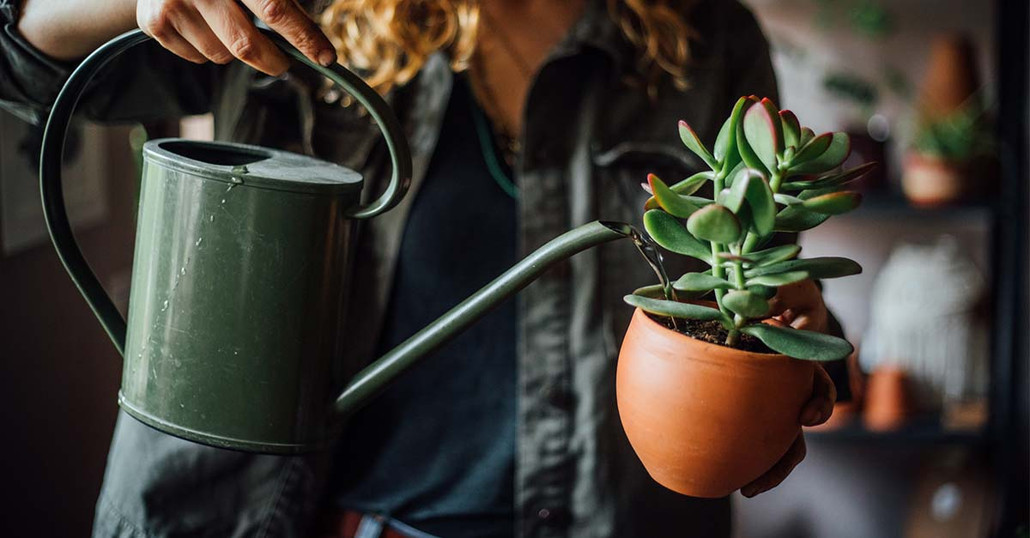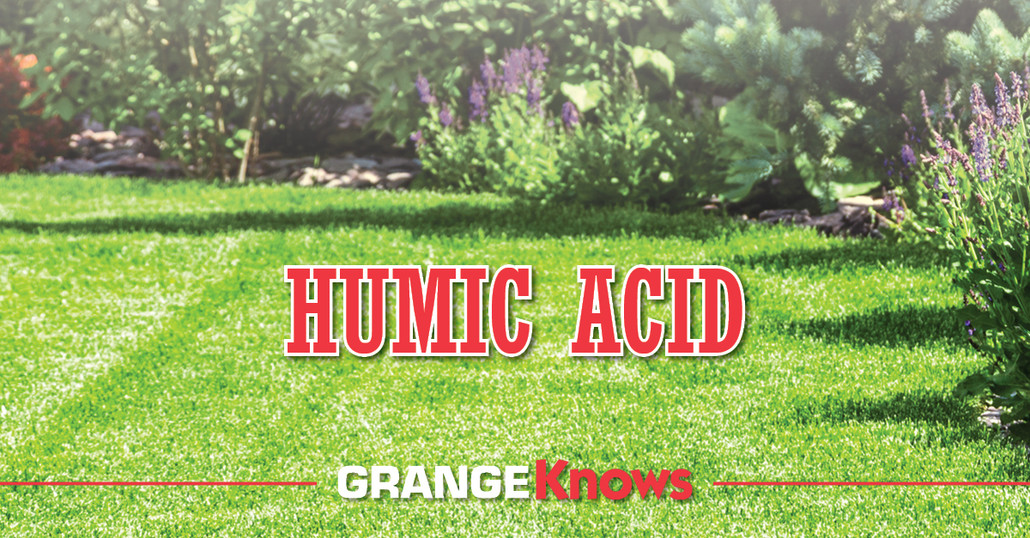Posted by Grange Co-op on 14th Jan 2020
Wildflowers in the Winter?Yes! Here’s why:
Most of the hardy wildflowers used in mixes intended for ‘naturalizing’ (becoming established in the landscape as though it were a natural, native species) require winter chilling, and even freezing, to prepare them to germinate naturally in the late-winter to very early spring. By sowing wildflower seeds in the fall and winter, they are prepared by nature to germinate at the right time for your area.5… Read more
Posted by Grange Co-op on 20th Aug 2019
Everyone knows it’s important to keep thirsty
garden plants sufficiently watered, especially during the hottest summer
months. But how do you know when you’ve watered too much, or too often?
If plants are wilting, does that mean more water is needed? Why is
overwatering bad, and what damage can happen when plants receive too much
water?
Rest assured: in this GrangeKnows article, we’ve
provided answers to these and many more overwateri… Read more
Posted by Grange Co-op on 18th Jul 2019
Struggling to earn your green thumb? Or maybe all you wish for is
GREEN lawn! This GrangeKnows article will provide recommendations for
maintaining a lush lawn. We will highlight one specific trick to growing
healthy grass—soil activator humates. Used to help decompose thatch and green
up grass, humic substances are an important element to healthy, fertile soil.
WHAT ARE HUMATES?
Humates hold nutrients in a usable form and release… Read more
Posted by Grange Co-op on 21st Jun 2019
The beauty and delicate design of roses cause many people to assume they are difficult to grow. Truth be told, they are no more difficult to care for than other flowering blooms. In this GrangeKnows article we’ll cover the basics of growing roses to help you cultivate a healthy and beautiful rose garden.
LOCATION
Roses crave sun. For the healthiest plants, rose bushes should receive six to eight hours of sunlight daily.
SOIL
Plant ro… Read more




